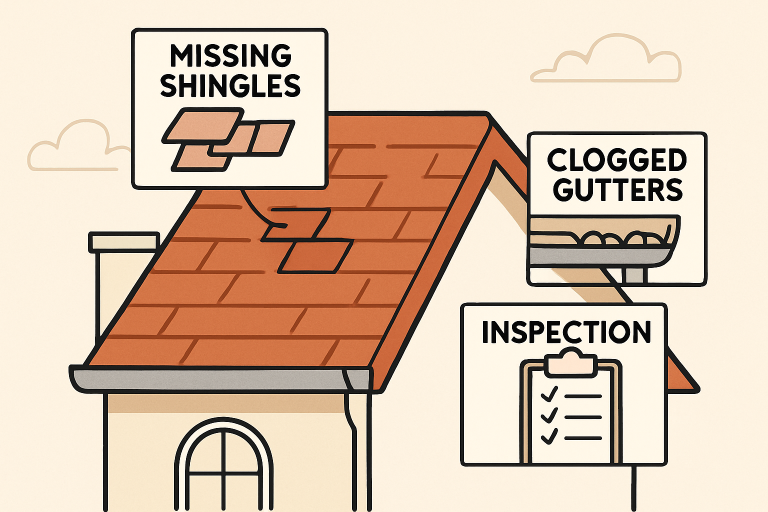Financing your commercial real estate investment might feel like a huge and complex task. But it is not if you thoroughly understand the financing process. Here, you will find the best tips for financing your commercial real estate investment, including making a smart business plan, delivering a strong pitch, and much more.
Understand Your Financial Condition
Understanding your financial situation is the first step for financing your commercial real estate investment. This includes a detailed analysis of your finances like your credit score, income, expenses, and overall financial stability. The better you understand your financial position, the easier it will be to analyze where to get a loan from and when and where to invest in commercial real estate.
Define Your Investment Goals
The next step is to define your investment goals, such as the property you want to invest in and how much to invest. After analyzing the risk and potential return on investment, you can choose a property and business plan. When you are clear about which commercial real estate you want to invest in, it will be easy to select a relevant lender.
Research Your Financing Options
There are many financing options when it comes to real estate investment. Each comes with its own pros and cons. Some of the most popular commercial financial options you may consider include:
Bank Loans: Bank loans are the traditional financing option and are most suitable for many borrowers. However, to get a bank loan, you need to have a good credit history, at least a score of 660. Moreover, you might be able to secure bank loans for only medium to large-size projects. You can get a bank loan at a fixed interest rate for a long period of up to 20-25 years, with a down payment of 20-25% of the total loan. Banks often charge a penalty if the loan is paid off before the agreed period.
Hard Money Loans: Commercial hard money loans are a good option if you are looking for a short-term loan and can’t meet the traditional required criteria, such as a high credit score and a good reputation. Individual lenders often offer these loans at a high interest rate for quick investment solutions. However, though you can get the loan quickly, the interest rate is usually high for such loans – often up to 18%, Plus, this type of loan may not be best suited for long-term projects.
Soft Money Loans: Several marketplaces offer loans for commercial real estate investment, referred to as soft money loans. The interest rate is higher than traditional bank loans but less than hard money loans. The loans require less documentation and are suitable for short to medium-time projects. The only problem with such loans is that you are matched by a third party, i.e., marketplace, and you need to carry out your research about the lenders and the terms of loans.
Lifeco Loans: These loans are typically known as life insurance company loans, and they offer loans based on the borrower’s reputation. This type of loan is a good choice if you are a regular investor looking to invest in an attractive commercial property. These loans are typically considered for long-term projects and stabilized commercial properties. The loan terms can be modified as needed.
SBA Loans: Small businesses looking to buy property and run their business can avail Small Business Administration (SBA) loans. These loans are usually available at a down payment of 10-20%, which can vary according to loan terms. You can get SBA loans for a flexible repayment period at a low interest rate and with a down payment compared to bank loans. The only problem with SBA loans is that you need to own-occupy the property, which makes it suitable only for running small-scale businesses.
Deliver a Strong Business Plan
After deciding on a lender, the next step is to make and deliver a strong business plan to your lender. Your pitch must include why your chosen property is a good investment, your investment plan, how you’ll generate money to earn profit and repay the loan, and a clear exit plan. You need to be transparent and understandable to your lender to get a loan and build a strong business relationship.
Prepare Necessary Documents
To secure a loan, you need to prepare the necessary documents, such as your financial stability, credit score, financial statements, and property documents. Lenders usually review and inspect necessary documents before releasing the loan. Providing all the available information will help build trust and long-lasting relationships, helping your commercial real estate investment.



